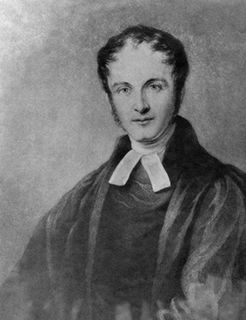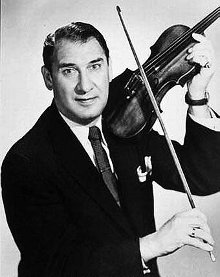A Quote by John Selden
Commonly we say a judgment falls upon a man for something in him we cannot abide.
Related Quotes
Abide with me; fast falls the eventide; The darkness deepens; Lord, with me abide; When other helpers fail, and comforts flee, Help of the helpless, O, abide with me. Swift to its close ebbs out life's little day; Earth's joys grow dim, its glories pass away; Change and decay in all around I see; O Thou, who changest not, abide with me.
As a man and as a sports figure, you have to set limits and set boundaries on what can and cannot happen. Once you do that, your family will start to respect you. 'OK, I get it, he's all about football and handling his business,' and that's what I've done. In the past, when I was a young man - a younger man - it was hard for me to say no. Since I'm older, wiser, I know how to handle people, know how to say no, know when something is right and something wrong. I use proper judgment.
A man is at the bar, drunk. I pick him up off the floor, and offer to take him home. On the way to my car, he falls down three times. When I get to his house, I help him out of the car, and on the way to the front door, he falls down four more times. I ring the bell and say, Here's your husband! The man's wife says, Where's his wheelchair?
Condemn no man for not thinking as you think. Let every one enjoy the full and free liberty of thinking for himself. Let every man use his own judgment, since every man must give an account of himself to God. Abhor every approach, in any kind or degree, to the spirit of persecution, if you cannot reason nor persuade a man into the truth, never attempt to force a man into it. If love will not compel him to come, leave him to God, the judge of all.
BRAIN, n. An apparatus with which we think that we think. That which distinguishes the man who is content to be something from the man who wishes to do something. A man of great wealth, or one who has been pitchforked into high station, has commonly such a headful of brain that his neighbors cannot keep their hats on. In our civilization, and under our republican form of government, brain is so highly honored that it is rewarded by exemption from the cares of office.
[I]n my country, when they would say a man has no sense, they say, such an one has no memory; and when I complain of the defect of mine, they do not believe me, and reprove me, as though I accused myself for a fool: not discerning the difference betwixt memory and understanding, which is to make matters still worse for me. But they do me wrong; for experience, rather, daily shows us, on the contrary, that a strong memory is commonly coupled with infirm judgment.
I'll not meddle with it; it is a dangerous thing; it makes a man a coward; a man cannot steal, but it accuseth him; a man cannot swear, but it checks him; a man cannot lie with his neighbor's wife, but it detects him. 'Tis a blushing, shame -faced spirit, that mutinies in a man's bosom ; it fills one full of obstacles; it made me once restore a purse of gold that by chance I found; it beggars any man that keeps it; it is turned out of all towns and cities for a dangerous thing; and every man that means to live well endeavors to trust to himself and live without it.
You need not fear me, for I not only should think it wrong to marry a man that was deficient in sense or in principle, but I should never be tempted to do it; for I could not like him, if he were ever so handsome, and ever so charming, in other respects; I should hate him—despise him—pity him—anything but love him. My affections not only ought to be founded on approbation, but they will and must be so: for, without approving, I cannot love. It is needless to say, I ought to be able to respect and honour the man I marry, as well as love him, for I cannot love him without.
It is not a slight thing, gentlemen, to force a man to say what he is, or what he believes himself to be; for that supreme word of man, that single expression which he utters of and upon himself is decisive. It lays down the basis upon which all judgment of him is to be formed. From that moment all the acts of his life must correspond to the answer given by him.











































